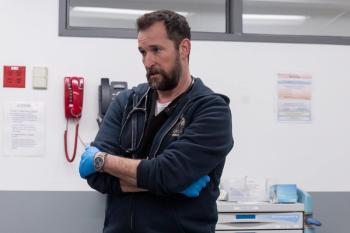
HCSC Bets $5 Million on Cogitativo's Machine Learning Tech
“It’s a huge validation, coming from the country’s 4th largest insurance company," Cogitativo CEO Gary Velsquez said.
California-based machine learning and data science firm Cogitativo announced today the closing of a Series A funding round that garnered $5 million. The investment comes from insurer Health Care Service Corporation’s HCSC Ventures, Inc. subsidiary. The payer serves 15 million members across five states, according to its website.
Cogitativo’s primary focus is on using machine learning to improve payment integrity and better detect anomalies in order to cut down on inefficiency and waste. An
Speaking to Healthcare Analytics News, Cogitativo CEO Gary Velasquez said the plan was to use the funding to accelerate its product development.
“It’s a huge validation, coming from the country’s 4th largest insurance company, of the work we’ve done for them in the recent past and the promise of the journey that we’ll go forward together with,” Velasquez said. “We’re excited about having them as an investor in the company.”
The company uses various machine learning techniques, including neural networks, natural language processing, support vector machines, and Bayesian models, to crunch disparate data on behalf of payers to find discrepancies. They draw medical records all the way to analogue phone call recordings.
“Whoever your insurance company is, care is being rendered within their contracted provider network. Some of that care is good care, some of that care is OK, and some of it has a question mark…The problem is that the payer is not really aware of that because of system latency and opacity, until 6, 9, or 12 months down the road,” Velasquez explained. “What we’re trying to do is make that insight real-time, down to a patient-physician interaction.”
The CEO says a big motivation for the company is the uncertainty the American healthcare system presents to patients, an uncertainty and complexity he only sees deepening. He compares his company’s environment to that of a university research lab, and that they thrive on trying to answer complicated problems.
“We see the US healthcare system as a giant prisoner’s dilemma,” he said. “To us it’s a signaling problem, and because of the lack of signaling capability and transparency, it creates a level of distrust and mistrust in the system between physicians and hospitals and payers.”
“We really love hard, vexing challenge questions,” Velasquez said. “There’s lots of them in healthcare.”





























































































